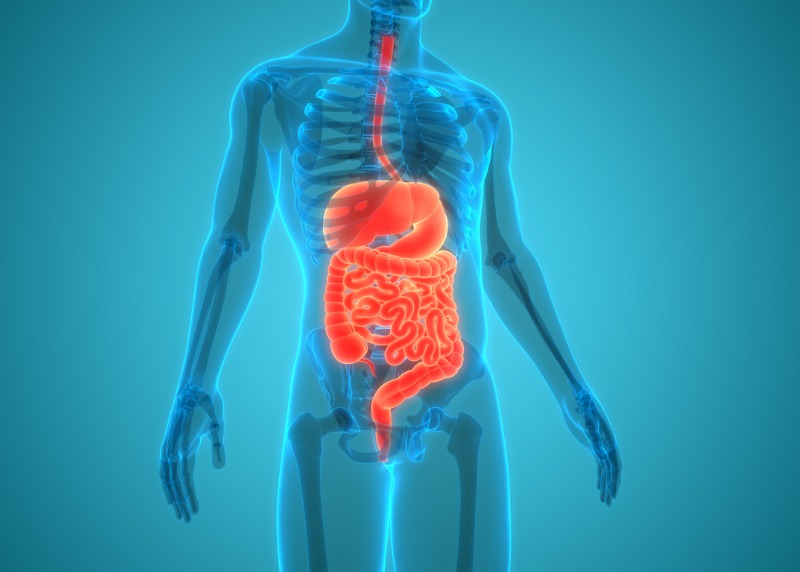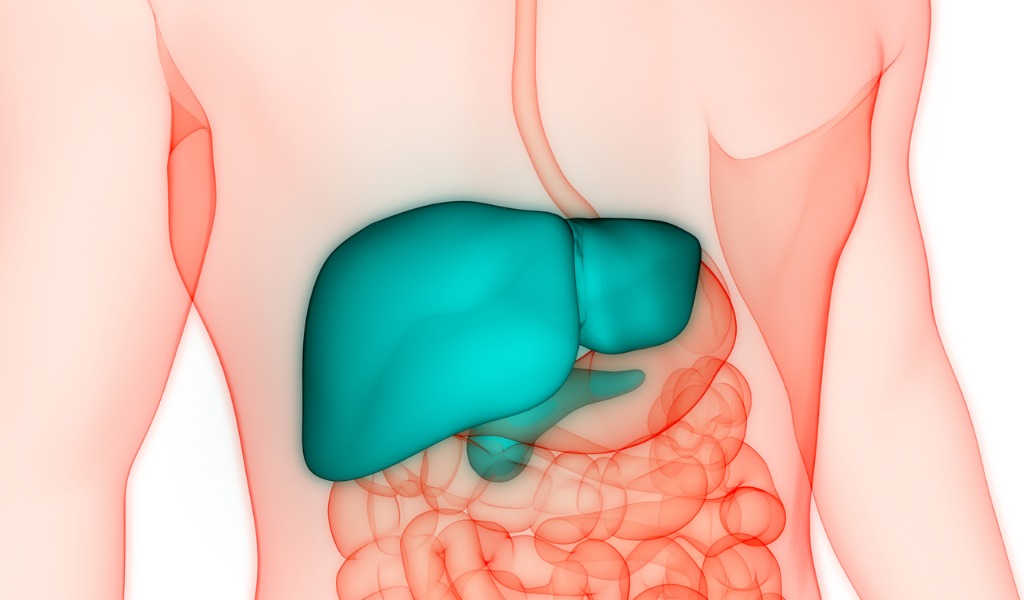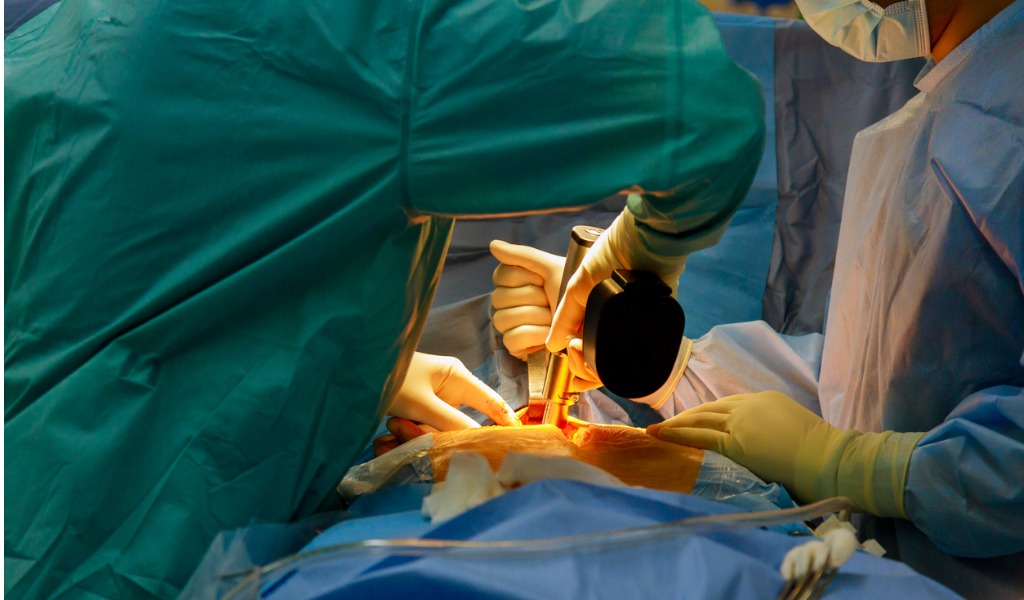Gastroenterology
Gastroenterology focuses on diseases and disorders of the digestive system. This branch treats the diseases affects the gastrointestinal tract, including the organs from the mouth to the anus, which are placed aside the alimentary canal. Physicians who practice gastroenterology are called gastroenterologists.

Gastrointestinal Surgery
This surgery is the surgery done to treat diseases of the digestive system, including the stomach, oesophagus, small and large intestines, rectum, pancreas, gallbladder and the liver. Appendicitis, cancers of the digestive system, diverticular disease, gallbladder removal or removing gall stones, GERD, Hernia, Inflammatory bowel disease, Weight loss surgery and rectal prolapse are some of the common gastrointestinal surgeries.
Minimal Access Surgery
This surgery is done by making very small incision/s in the body, through which the surgeon inserts a telescope to which a tiny video camera is attached. This allows the surgeon to view the surgery on a monitor. An example of minimal access surgery is laparoscopy, which is performed to remove gallstones etc.
Hepatology
Hepatology is that branch of medicine which includes the study of gallbladder, liver, pancreas and biliary tree and the management of the disorders. Hepatologists treat complications and diseases mainly related to alcohol and viral hepatitis such as Hepatitis B virus and hepatitis C virus. According to statistics, over 80% liver cancers cases might be attributed to either of the two viruses.
Gastric Bypass Surgery
This surgery is usually prescribed to treat type 2 diabetes, morbid obesity, sleep apnoea, hypertension etc. In his procedure, the stomach is partitioned into a smaller upper pouch and a larger ‘remnant’ lower pouch after which the small intestine has to be rearranged to connect the pouches.


